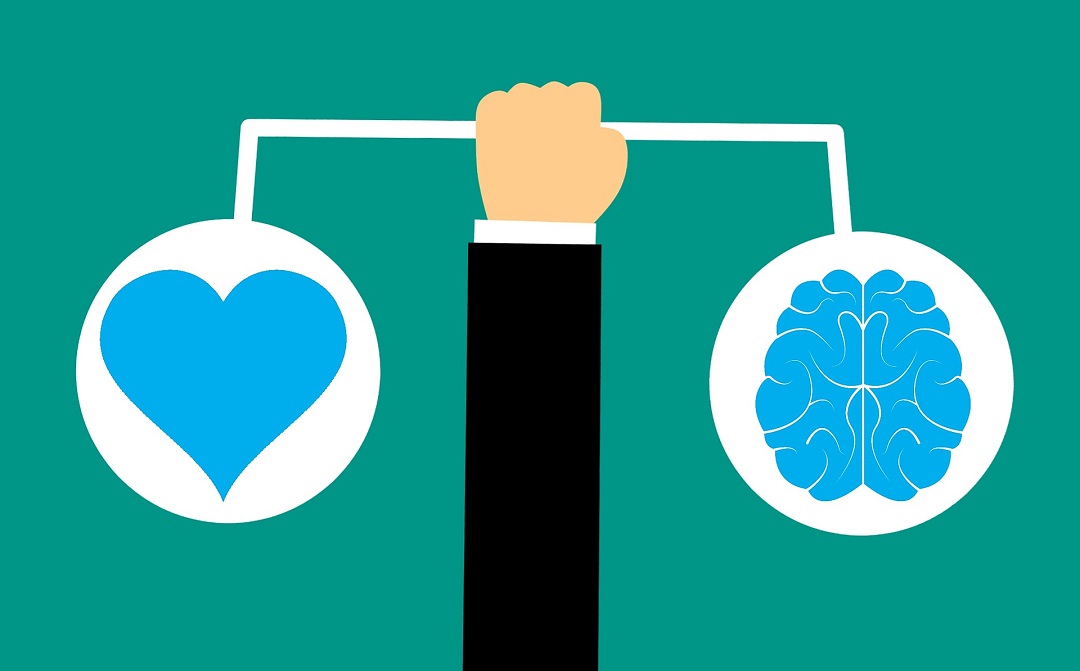Essential Things To Know About Emotional Intelligence
Emotional Intelligence (EI) is one of the prime requisites today to be successful both personally and professionally in this fast and inter-linked global scenario. Unlike Intelligence, which is usually associated with a person’s cognitive abilities, EI encompasses the attribute of understanding, controlling, and utilizing emotions in an effective manner. This comprehensive guide will define it, describe its components, state its benefits, and explore some ways to enhance EI in life.
Understanding Emotional Intelligence
The emotional part of Intelligence is the ability to recognize, control, and use one’s own emotions and the emotions of others in managing behavior and relationships. This theory was propounded by psychologist Daniel Goleman, who listed five prime elements of Emotional Intelligence as:
Self-Awareness: Ability to perceive and appreciate personal feelings and how they affect behavior and thoughts. Self-awareness is when the individual knows his emotional state and can feel when it affects performance.
Self-Regulation: Ability to manage and control emotions healthily and productively. It is the capability to maintain composure, control behavior and impulses, be flexible, and healthily manage disruptive emotions.
Motivation: The drive to put in effort toward achieving the goals and pursuit of one’s passion with an energetic perspective. An emotion-literate person has an intrinsic motivational disposition, hope, and commitment to self and career growth.
Empathy: The ability to understand and share the feelings of another. It refers to this ability to recognize and acknowledge feelings in other people, therefore explaining better communication and fostering better relationships.
Benefits of Emotional Intelligence
Emotional Intelligence brings multiple blessings in existing spheres: private well-being, relationships, and expert achievement.
Personal well-being
Improved Mental Health: People with high emotional Intelligence have a high ability to deal with all stressful situations, tension, and despair. A person can preserve an influential nation of mind by being capable of adjusting their emotions and, as a consequence, being resilient to life’s demanding situations.
Better Self-Esteem: One can gain extra self-esteem and enhance their tiers of self-assurance through self-cognizance and self-law. Emotionally wise humans have a higher threat of placing and accomplishing their non-public desires due to the fact they feel like.
Professional Success
Leadership Skills: Effective leaders emanate EI. Such leaders are able to inspire and motivate their team members, control conflicts, and direct them toward more positive work environments. They know how to sense the needs and feelings of employees.
Improved Decision-Making: Emotionally intelligent people are somewhat better at making well-thought-out and fair decisions. Individuals are more likely to evaluate the situations thoroughly and pick out the best possible line of action based on rational and emotional deliberations about the problem.
Career Advancement: In the workplace, the trait of emotional Intelligence is genuinely valued. Employers look for people with whom others can work, who can accept changes, and who can constructively deal with stressful matters. High EI can be a source of job satisfaction and opportunity enhancement, leading to high career performance.
Strategies to Develop Emotional Intelligence
Developing EI is a dynamic, lifelong process that requires self-reflection, practice, and flexibility in personal growth. Below are some of the ways to help you raise your EI:
Enhance Self-Awareness:
Keep a Journal: Make regular journal notes on your thoughts and feelings. It can help one identify patterns and give some insight into one’s emotional responses.
Seek Feedback: Confer and seek views from dear friends, family members, or co-workers about your emotional response or behavior. Get their insights to better your self-awareness.
Achieve Self-Regulation:
Mindfulness and Meditation: Being mindful with regular meditation practices will help to keep you in the moment, devoid of stress, and the ability to manage emotions effectively.
Pause Before Reacting: When going through tough times, take time and think about your response. This will prevent you from acting on impulse and will help you choose a more constructive option.
Drive Motivation:
Set Your Personal Goals: Have long-term or short-term realistic goals that are in line with your feelings and values, and break them into small portions. Always make updates and give yourself some credit for what you have accomplished.
Stay Positive: Adapt a plus mindset by focusing on your strengths and past successes. Utilize positive affirmations and visualization to sustain your motivation and resiliency.
Usage of Empathy
Active Listening: use full attention, implying that you show concern and feedback on what is heard. This can be achieved by giving full attention to the other, asking open-ended questions, and reflecting on what is heard. This purely exhibits more empathy and connection.
Take the Perspective of Others: Consciously take the perspective of others. What may be their emotions, intentions, and difficulties? Do this so you get a more empathic view of the situation.
Develop Interpersonal Skills:
Build a rapport: Drift your attention toward another person with a genuinely curious nature, which helps you connect with the world. With a simple conversation or looking for mutual interest with most people around you, you have good relations and a positive vibe in your surroundings.
Conflict resolution: Learn and practice techniques for conflict resolution—for example, keeping calm, addressing the issue at hand, and finding solutions that work for both parties. Practical conflict resolution skills are, therefore, the bedrock of a good working relationship.
Conclusion
Emotional Intelligence is indispensable and runs through personal well-being, relating with others, and work success. By understanding the components of emotional Intelligence—self-awareness, self-regulation, motivation, empathy, and social skills—we can figure out how to enhance our EI and how to enjoy the heaps of benefits the skill brings. This can be done through consistent self-reflection, practice, and commitment to personal development. Whether the goal is building one’s leadership competence, getting along with others, or just living a more satisfying life, the value of developing Emotional Intelligence makes the effort worthwhile.
Stay in touch to get more updates & news on thegloriousfashion!







